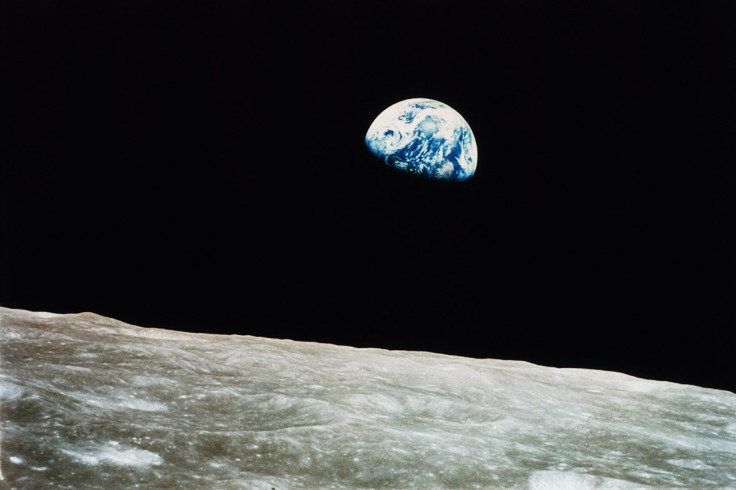One in 10 believe an alien invasion of Earth in 2018 is likely
Just over one in 10 people around the world believe extraterrestrials will visit this year.

Almost one in three Indians believe the prospects of an alien invasion of Earth is "likely" in 2018.
Research by Ipsos Mori found that 30 per cent of those polled in India were anticipating a nasty close encounter of the third kind this year.
In a global survey, the group interviewed more than 21,500 people in 28 major countries and found an average of 12 per cent of respondents who thought it likely aliens would visit the Earth this year.
Only 5 per cent of Japanese, the lowest figure in the survey, thought the world was on the verge of being invaded. In the UK that figure lifted slightly to 7 per cent.
Belief in the presence of little green men was given a boost last July by Stephen Hawking when he reiterated his contention that the universe harboured hostile aliens.
The Cambridge professor's warning came after the claim that a distant planet, Gliese 832c, had the potential to be home to alien life.
The bestselling author of A Brief History of Time said: "One day, we might receive a signal from a planet like this, but we should be wary of answering back. Meeting an advanced civilisation could be like Native Americans encountering Columbus. That didn't turn out so well."
The theoretical physicist claimed alien lifeforms could be "rapacious marauders roaming the cosmos in search of resources to plunder, and planets to conquer and colonise".
Planet Gliese 832c is five times the mass of Earth and has a similar temperature. It's been described as an inhabitable super Earth 16 light-years from our planet – roughly 9.5 trillion kilometres.
Hawking originally voiced his fears about aliens taking over the Earth in an interview on the Discovery Channel in 2010.
In recent years scientists have discovered a number of planets in the so-called Goldilocks zone. These are rocky planets whose distance from their nearest star makes them neither too hot nor too cold to support liquid water - thought to be a key ingredient for life.
Ipos Mori spoke to 21,548 people aged 16 to 64 online between 27 November and 8 December. The countries polled were Argentina, Australia, Belgium, Brazil, Canada, Chile, China, Colombia, France, Germany, Great Britain, Hungary, India, Italy, Japan, Malaysia, Mexico, Peru, Poland, Russia, Saudi Arabia, Serbia, South Africa, South Korea, Spain, Sweden, Turkey and the United States.






















